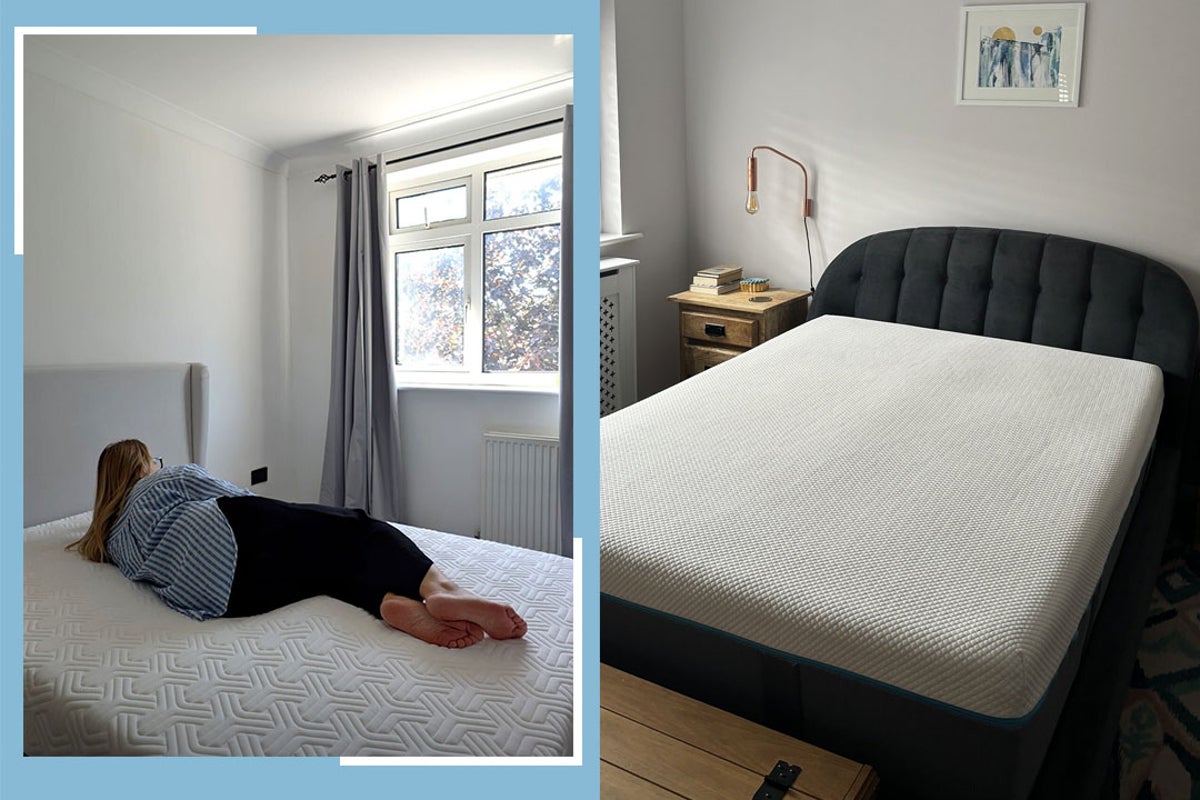Sitting in the middle of an office was not how I had ever envisaged being told that I have a long-term health condition, but that’s where I was when I received the following message – original typos included:
“Dear Miss Thomas, Your recent ultrasound examine shows your have endometriosis (a condition where tissue similar to the linking of your uterus) causing certain symptoms). Symptoms can include heavy painful periods, lower abdominal pain, tiredness. Sometimes it can impact your bowel habits as well.
“For this reason I need to refer you to the gynaecology team. The hospital will be in contact with your to inform you of an appointment.”
That is how I was told that I have endometriosis. There was no further information, no option to call the GP, just a text and a referral letter.
As a national health journalist, I’ve covered the stories of women who went through years of agony and gaslighting to get a diagnosis of endometriosis. I’m incredibly lucky that I haven’t faced the same struggles.
Despite having the knowledge I gained through my work, being given a diagnosis in this way, with no information on how bad the condition is, what it means for me and what the next steps might be – and was it even definitive? – was just brutal.
Any information I could glean on the condition through research, or friends and family who have it, did nothing to alleviate my concern, given that it was so generalised rather than personal.
One in 10 women in the UK has endometriosis, yet my GP had never discussed with me the possibility that my symptoms could be explained by that diagnosis – hence the shock.
In fairness, I’ve been on hormonal contraception for over a decade and have never had the debilitating period pain or bleeding so often linked to the condition. The other symptoms are ones which have only developed in the last two years.
So here I am with an unexpected diagnosis and progressive symptoms – and no insight into what it means for my health.
After the text, I went straight to my NHS app to find my scan results in the hope of more information, only to be met with notes written in medical jargon which may as well have been Klingon for all I could understand.

Is this the patient experience the government hoped for when it told the public that we would now be able to access our records through our phones?
Digitisation, improving access and faster diagnosis are all important and will undoubtedly transform care in many ways. However, it's important that this is done while also thinking about the patient experience.
Beyond the brutality of receiving the news through a poorly worded text message, I was shocked by the fact that medical information would be shared in such an insecure way.
Others could’ve seen that message on my phone – and yes, I understand that, in writing this piece, I’m sharing my medical information with the world, but that is a decision I am choosing to make, rather than having it forced upon me.
The national waiting list for gynaecology services currently stands at 582,016, with more than 18,000 people waiting for more than a year. The average wait time for gynaecology is among the worst of any speciality.
Giving patients the ability to choose a hospital through the NHS app has been a key feature in the government’s recent policies.
I’ve been given the choice of three hospitals to contact about my diagnosis. As a health journalist, I have knowledge and resources at my disposal that others may not, but even so, I had no idea where to go.
A quick browse of the government’s new league table, with its “segments, scores and ranks”, told me nothing about the quality of care for women with endometriosis, or gynaecology services, within those three hospitals. As think tanks have already suggested, these league tables are quite simply useless in terms of patient choice.
While the government has promised a move from “analogue to digital” as one of its three shifts for the NHS, the use to patients will be limited unless they’re given information in a way that can actually empower them.
As I re-read the original message from my doctor on my phone screen, I’m left asking: is this what Wes Streeting meant when he envisioned his great NHS reform?
Endometriosis UK run a free, confidential helpline for anyone needing support or information about diagnosis and treatment options – 0808 808 2227

.jpeg)





















.jpeg)













 English (US) ·
English (US) ·